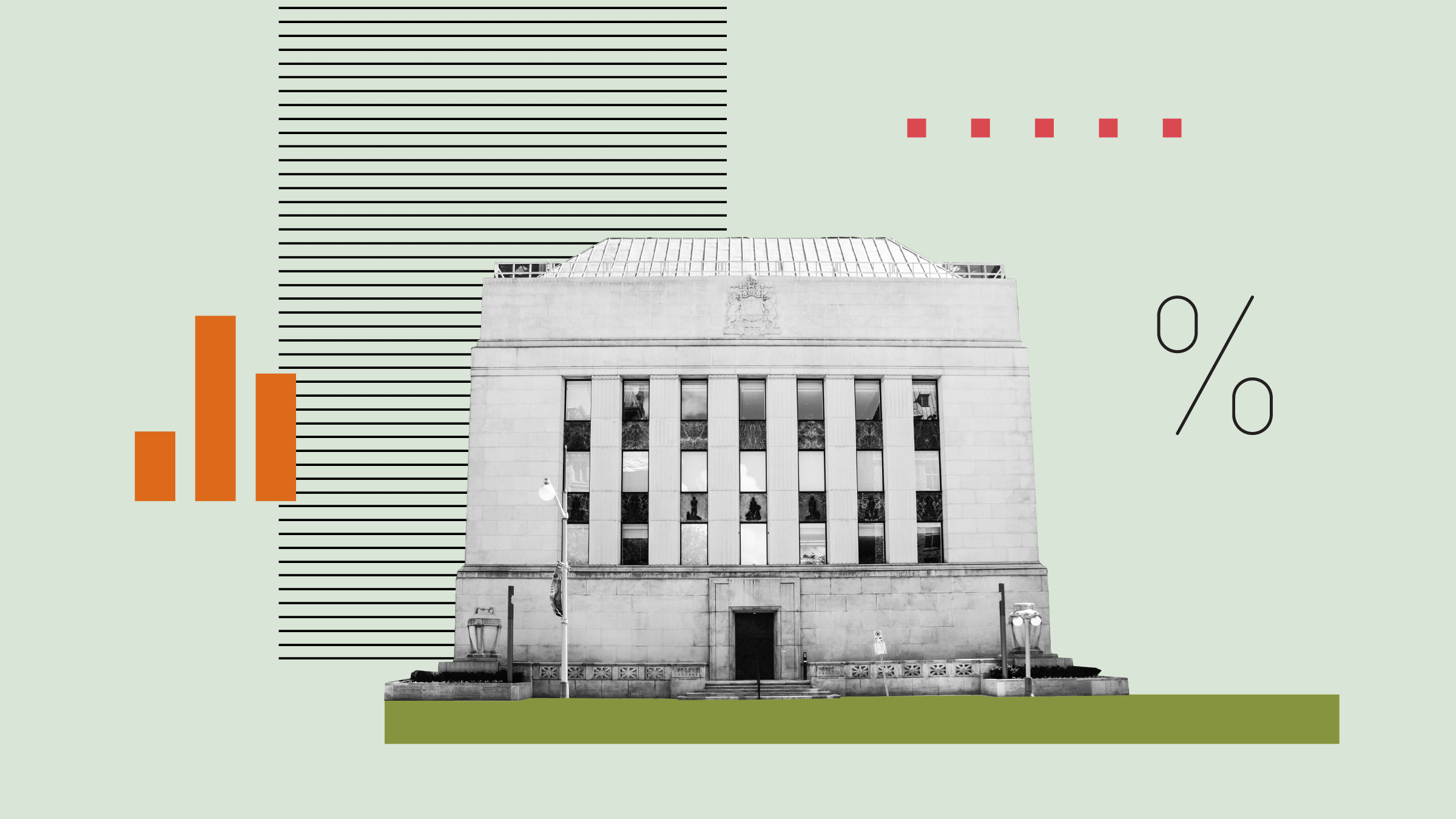For Canadian investors seeking income in this low-interest-rate environment, real estate investment trusts are one of the best high-quality, tax-effective and stable sources, says Kevin Hall, a managing director and portfolio manager at Guardian Capital LP.
Rising interest rates can be a headwind for the REIT space, says Hall. But the overall impact, he adds, is largely determined by the speed and magnitude of rate hikes. If interest rates are rising slowly and gradually, and at a time when the economy is strengthening and improving, "which is typically the case," the impact on valuations is not as great, says Hall.
Offsetting that negative headwind can be a positive tailwind when rents start to rise, and occupancy levels typically increase in an improving economic environment. In addition, when interest rates start to climb, "REITs tend to play catch-up in performance," says Hall, "and that typically creates a good buying opportunity."
Hall directly manages more than $700 million in Canadian REITs. It's a market segment that's broadly diversified among commercial, industrial and residential properties. REITs, along with real-estate-related companies, represent about 17% of the assets of BMO Monthly High Income II, which Hall co-manages.
Guardian Capital's strategy is one of bottom-up securities selection based on fundamental criteria such as cash flow and debt loads, and the quality of assets and the track record of management.
Given that REITs tend to pay out a larger portion of their free cash flow than most other types of businesses, they tend to be higher-yielding securities within the Canadian market. "Having comfort in the cash-flow generation of the REITs is very important," says Hall. Guardian Capital's team must be confident that the REIT can not only sustain its current level of distribution, but also increase distributions over time.
The Toronto-based firm's research includes analysis of the REIT's payout ratio, which is the percentage of free cash flow that it pays out in the form of distributions. Among the key questions that Hall will ask of management: "Are they retaining enough cash in the business to maintain the business and grow the business over time?"
A favoured holding in BMO Monthly High Income II for more than a decade is Canadian Real Estate Investment Trust (REF.UN). "It's probably one of the highest-quality REITs in Canada," says Hall. "It's a diversified REIT, with exposure to office, industrial and retail commercial real estate." Along with having one of the REIT industry's strongest balance sheets, Canadian REIT has a low payout ratio, and a history of steady distribution growth. From a valuation perspective, "it's pretty attractively valued today," says Hall.
Added to the BMO portfolio this year is Allied Properties Real Estate Investment Trust
(AP.UN). A niche player within the REIT segment, Allied Properties tends to focus on converting and refurbishing older industrial buildings into "brick-and-beam" office space. "Allied has a very strong management that's got a real competitive advantage within that specific asset class," says Hall. As well, "Allied has one of the higher growth profiles within the Canadian REIT space over the next two to three years."
Another high-quality holding, but somewhat more risky according to Hall, is Boardwalk Real Estate Investment Trust (BEI.UN). This REIT is focused on multi-family housing, but the majority of its portfolio is exposed to the Alberta market." You're taking on a bit of risk there," says Hall, "given the low oil-price environment." Even so, the Guardian Capital team thinks that a lot of that risk has already been factored into the price of Boardwalk units.
Hall favours Boardwalk for its solid balance sheet that offers downside protection, and its focus on apartment buildings, which tend to be much more stable than an office-space portfolio in Alberta. "Given our positive medium-to-long-term outlook on oil," says Hall, "you get good upside potential to go with the recovery in the oil sector."
Overall, Hall concludes that the current market environment is favourable for REITs. "As an asset class, REITs have certainly outperformed the broader market, on a risk-adjusted basis, over the last 10 years," he says. "If you look at most pension funds today, commercial real estate is pretty prominent within their portfolios and asset mix. Individual and retail investors can certainly use Canadian REITs to gain access to commercial real estate in their portfolio too."















